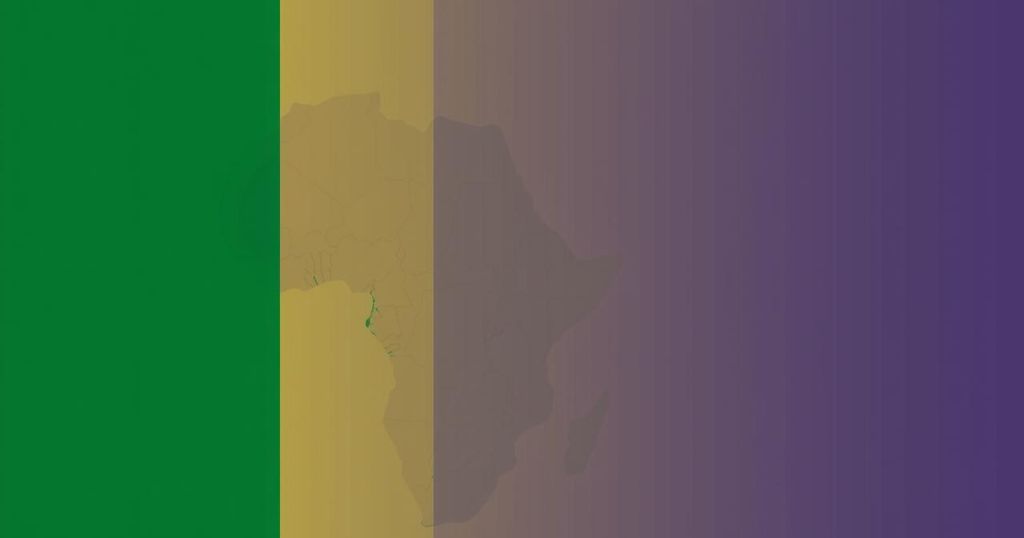Namibian Election: A Possible Shift from SWAPO’s Long-standing Rule
Namibia’s upcoming election is critical as it may end SWAPO’s 34-year rule, with candidate Netumbo Nandi-Ndaitwah potentially becoming Africa’s third female president. The election focuses on leadership roles and candidates’ agendas, emphasizing the changing political dynamics in the nation.
Namibia is poised to conduct a pivotal election on Wednesday, which will see voters select their seventh President and members of the National Assembly since the nation gained independence 34 years ago. The ruling SWAPO party, which has been in power since independence, faces a crucial challenge, as its candidate, Netumbo Nandi-Ndaitwah, stands on the verge of making history as the first female African president and Africa’s third woman to lead a country. Political analyst Rui Tyitende commented on the implications of this election and the priorities of the leading candidates, indicating the significant stakes involved for the Namibian electorate.
In Namibia, the elections are held periodically to appoint new leadership at both the presidential and legislative levels. This specific election is particularly noteworthy as it could mark the end of SWAPO’s lengthy dominance over the country. The rise of Netumbo Nandi-Ndaitwah symbolizes not only a potential gender breakthrough in African politics but also reflects a shift in voter sentiment following decades of SWAPO governance. The political landscape is evolving, and voters are increasingly focused on issues affecting their daily lives, prompting a reevaluation of political priorities among candidates.
As Namibia heads to the polls, the election represents not only a test of democratic engagement but also a potential turning point in the nation’s political narrative. Should the opposition prevail, it could signify a broader change in voter expectations and governance. The implications of this election will resonate beyond Namibia’s borders, as they could influence future democratic movements across Africa.
Original Source: www.voaafrica.com




Post Comment